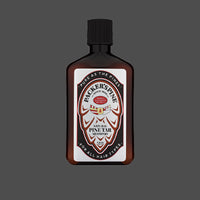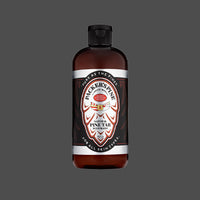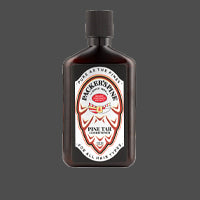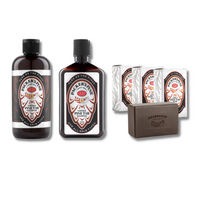Are Natural Soaps and Shampoos Better Than Their Regular Counterparts on the Market?
Many companies are green-washing their products, labeling them natural, but you need a science degree to decipher the ingredients. The sheer number of choices can be overwhelming. How can you determine what’s essential? Do you need natural products or organic, or will the store brand do the trick? These skin buffs help answer these questions and discuss the pros and cons of natural soap or shampoo.

Steven Nistico
Steven Nistico is an entrepreneur, dermatologist, and laser therapist at the Heliotherapy.
Natural Products are Good for People With Dry and Sensitive Skin
In my work, I often scold my patients for not using natural products in their self-care routine when trying to get rid of their skin problems. The benefits of natural soaps and shampoos and their advantages over their synthetic counterparts are especially noticeable for people with dry, sensitive skin. The soap from the store causes apparent damage to the skin. It dries, tightens, and provokes peeling and allergic reactions. The handmade natural product does the opposite.
Less Ingredients Means Less Harmful
Natural soaps tend to have fewer ingredients, which makes them less harmful and less probable to [cause] an allergic reaction. While commercial products are full of different human-made chemicals, silicons tend to be very aggressive. There is simply no need to clean so deeply; it's harmful to our skin and hair.
Also, the concentration of the active ingredients is very different. The more the product is organic and less plastic is involved, the higher the concentration of the active ingredients in it. In commercial shampoo, there might be just one drop of vitamin E in it, which makes it useless. While in a solid shampoo bar, there is much more. The benefit of using natural soaps and shampoos is visible after some use.
There's a difference also in the natural shampoo and soap world. Some dry more, some less. For example, olive oil-based soaps tend to be more aggressive than coconut oil-based soaps. But both need moisturizing afterward. This depends on the general action of the soap itself. As it cleans, [it] cleans up our natural skin oils that "keep the skin together." For this reason, it's always a good idea to seek more acid soaps and shampoos and to pair them up with a cream, oil, or conditioner.
Natural is Healthier and Suited for Sensitive Skin
Mass-produced regular soaps and shampoos have surface-based chemicals and have the possibility of containing preservatives, synthetic fragrances, parabens, and sulfates.
On the other hand, natural or organic soaps and shampoos are usually made from natural substances such as plant-based oils, essential oils, and natural dyes and fragrances. In simple ways, natural products are considered healthier than regular ones. It is suited for sensitive skin types without harmful effects.
Lower Chance of Getting Sick
Natural soaps and shampoos are better to use than the regular ones on the market because they are composed of natural and degradable materials. Most of the shampoos and soaps are from plant products and other natural products also found in the environment.
Hence, you are only exposing yourself to natural and deemed safer products. This means you'll have lower chances of getting sick as you are not exposing yourself to harmful preservatives and other chemicals. That is why natural soaps and shampoos are better than the regular ones on the market.
This is a crowdsourced article. Contributors' statements do not necessarily reflect the opinion of this website, other people, businesses, or other contributors.














